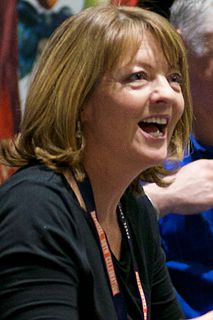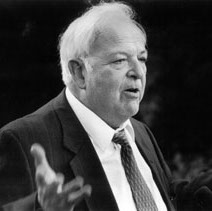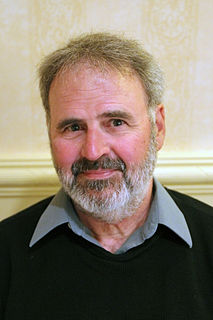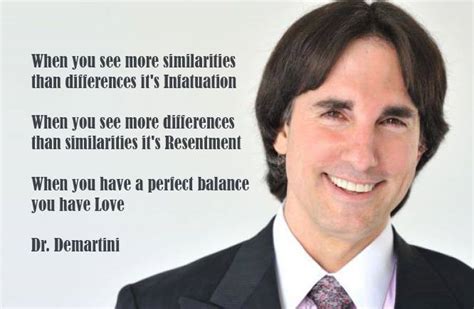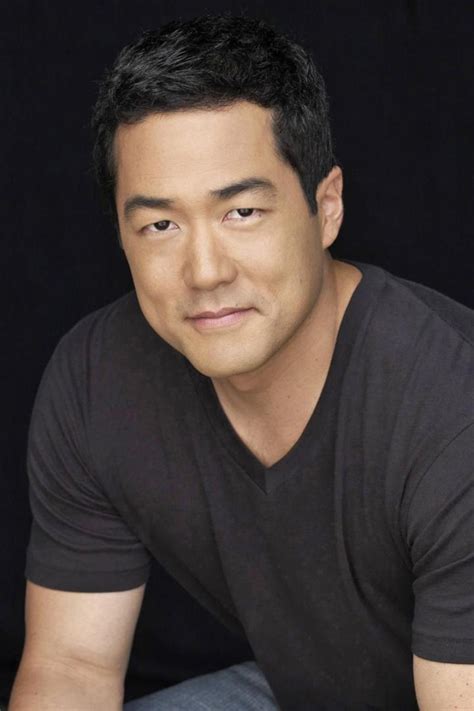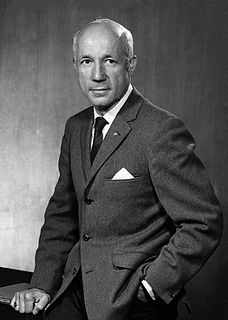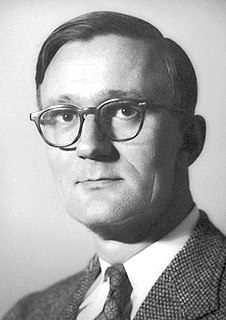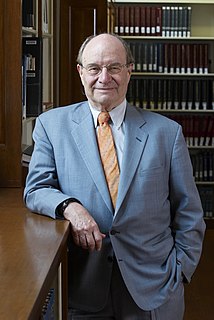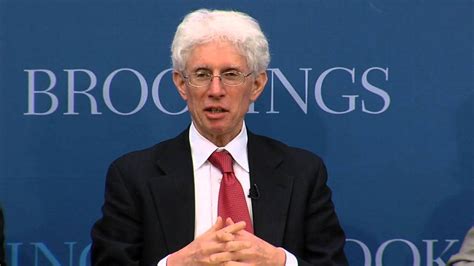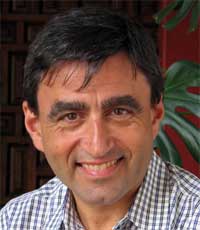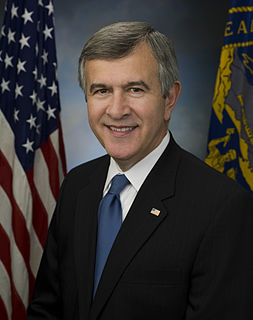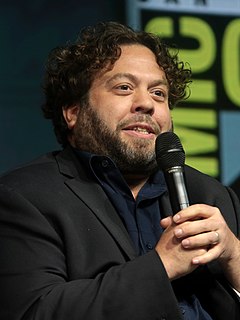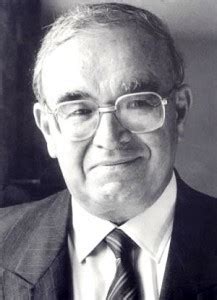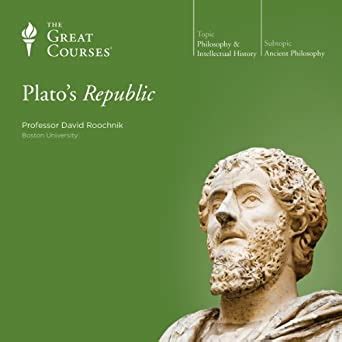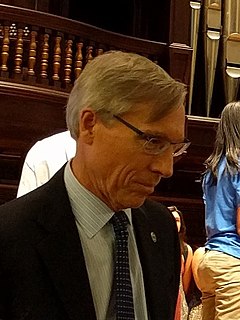Top 1200 Science Research Quotes & Sayings - Page 20
Explore popular Science Research quotes.
Last updated on December 20, 2024.
Industrial Society is not merely one containing 'industry,' large-scale productive units capable of supplying man's material needs in a way which can eliminate poverty: it is also a society in which knowledge plays a part wholly different from that which it played in earlier social forms, and which indeed possesses a quite different type of knowledge. Modern science is inconceivable outside an industrial society: but modern industrial society is equally inconceivable without modern science. Roughly, science is the mode of cognition of industrial society, and industry is the ecology of science.
The significance of a fact is relative to [the general body of scientific] knowledge. To say that a fact is significant in science, is to say that it helps to establish or refute some general law; for science, though it starts from observation of the particular, is not concerned essentially with the particular, but with the general. A fact, in science, is not a mere fact, but an instance. In this the scientist differs from the artist, who, if he deigns to notice facts at all, is likely to notice them in all their particularity.
One Dilbert Blog reader noted that current research shows that happiness causes success more than success causes happiness. That makes sense to me. There's plenty of research about people having a baseline of happiness that doesn't vary much with circumstances. And given that happy people are typically optimistic, energetic, and fun to work with, I can see how happiness would lead to success.
I research, write, travel and teach. I rarely arrange for spare time. If we do not fill our days with high priority actions they will fill with low priority actions. I would prefer to live my life according to my highest priorities and do what I love, which again is research, write, travel and teach. It is my mission and calling. It is what inspires me. It is my destiny.
Science is being daily more and more personified and anthromorphized into a god. By and by they will say that science took our nature upon him, and sent down his only begotten son, Charles Darwin, or Huxley, into the world so that those who believe in him, &c.; and they will burn people for saying that science, after all, is only an expression for our ignorance of our own ignorance.
Most people don't put things together. Geologists study the surface of the earth and geological phenomena. Meteorogists study the weather. That isn't science. Science is the study of all things that affect human beings. They have to be together! A meteorologist has difficulty talking with a sociologist, because they don't understand each other. You can't teach sciences in 'bits'; you have to bring it all together. Science is a way of thinking - a way at arriving at conclusions without your own opinion in it.
I did more research into the police procedure. I worked out with SWAT guys and ex- and active military guys, and consulted with them and read books. As far as the character itself, I don't know how you can research being a focused guy, aside from just being a focused person and knowing what that's like. Outside of the character background and all that, there wasn't a whole lot of other stuff to really delve into. You just do what you do.
Science itself is badly in need of integration and unification. The tendency is more and more the other way ... Only the graduate student, poor beast of burden that he is, can be expected to know a little of each. As the number of physicists increases, each specialty becomes more self-sustaining and self-contained. Such Balkanization carries physics, and indeed, every science further away, from natural philosophy, which, intellectually, is the meaning and goal of science.
Medicine is a social science, and politics is nothing else but medicine on a large scale. Medicine, as a social science, as the science of human beings, has the obligation to point out problems and to attempt their theoretical solution: the politician, the practical anthropologist, must find the means for their actual solution. The physicians are the natural attorneys of the poor, and social problems fall to a large extent within their jurisdiction.
I often use detective elements in my books. I love detective novels. But I also think science fiction and detective stories are very close and friendly genres, which shows in the books by Isaac Asimov, John Brunner, and Glen Cook. However, whilst even a tiny drop of science fiction may harm a detective story, a little detective element benefits science fiction. Such a strange puzzle.
What I advocate for is that, as soon as we get to the point when artificial intelligence can take off and be as smart, or even 10 times more intelligent than us, we stop that research and we have the research of cranial implant technology or the brainwave. And we make that so good so that, when artificial intelligence actually decides - when we actually decide to switch the on-button - human beings will also be a part of that intelligence. We will be merged, basically directly.
But science can only be created by those who are thoroughly imbued with the aspiration toward truth and understanding. This source of feeling, however, springs from the sphere of religion. To this there also belongs the faith in the possibility that the regulations valid for the world of existence are rational, that is, comprehensible to reason. I cannot conceive of a genuine scientist without that profound faith. The situation may be expressed by an image: science without religion is lame, religion without science is blind.
We've learned from experience that the truth will out. Other experimenters will repeat your experiment and find out whether you were wrong or right. Nature's phenomena will agree or they'll disagree with your theory. And, although you may gain some temporary fame and excitement, you will not gain a good reputation as a scientist if you haven't tried to be very careful in this kind of work. And it's this type of integrity, this kind of care not to fool yourself, that is missing to a large extent in much of the research in Cargo Cult Science.
The political movement funds these people with donations if they produce the right outcome in their research. So that tends to dictate what kind of research you're gonna get in your lifestyle, if your living depends on it. But there's no question that they have, in this movement, converted a bunch of just everyday, ordinary meteorologists into huge proselytizers for it. Ordinary everyday local news-weather guy has become one of the biggest proponents - whatever market you go to - of global warming.




